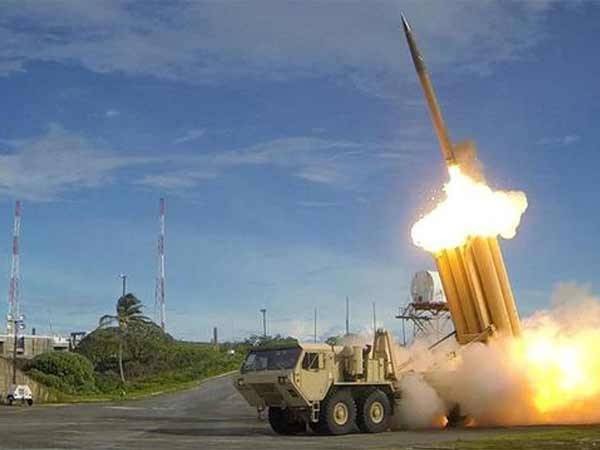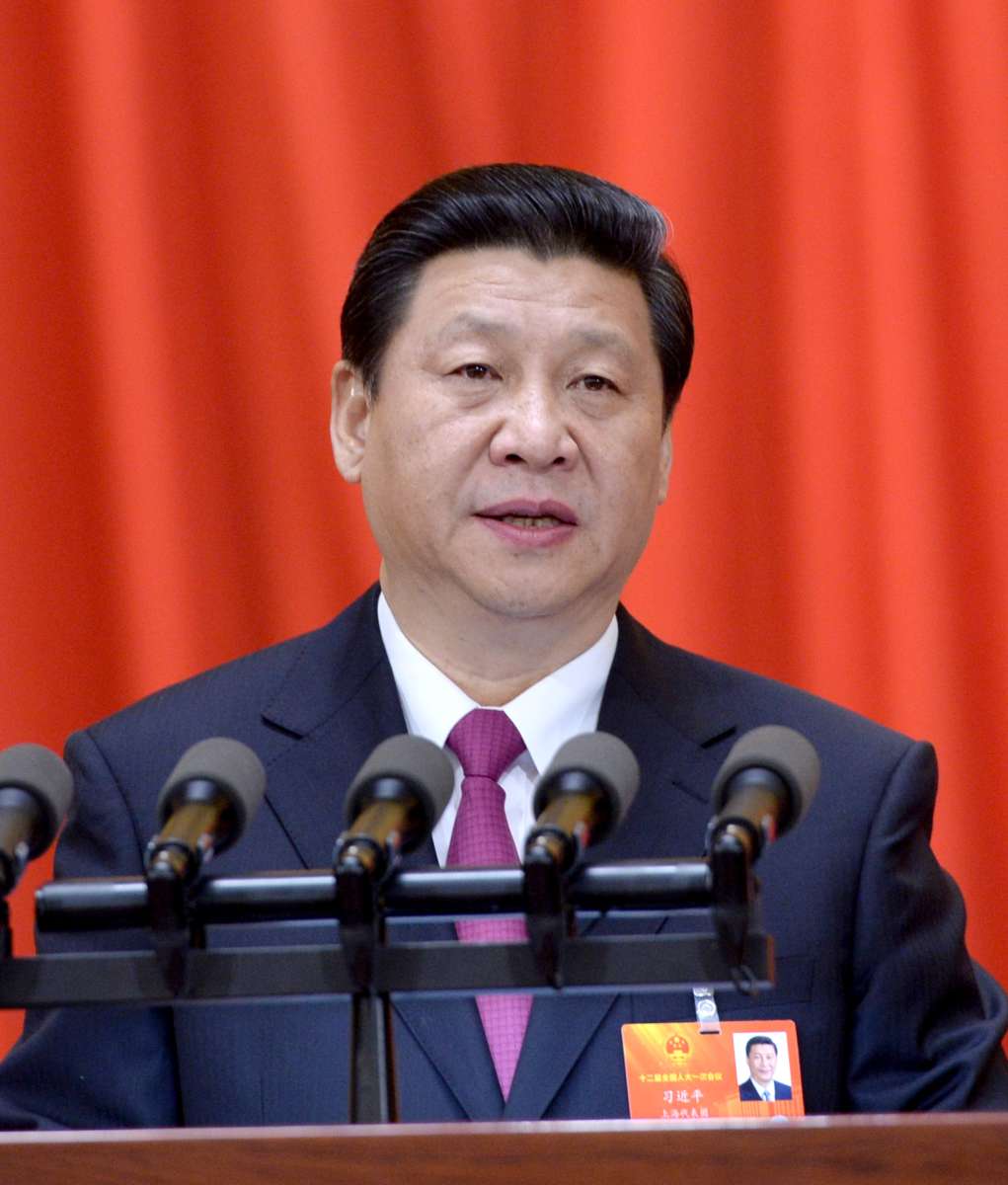For the reason behind Beijing’s collapse, Western analysts focus on the authoritarian policies put in place by Xi since his rise to power in 2012….reports Asian Lite News
Chinese President Xi Jinping has ended up dismantling the collective leadership system, soured Beijing’s relations with most of its neighbours and set the country on a collision course with the United States, Robert Wihtol said in a report of the think tank, The National Interest.
Robert Wihtol is an adjunct faculty member at the Asian Institute of Management and former Asian Development Bank country director for China and director general for East Asia, according to the think tank.
For the reason behind Beijing’s collapse, Western analysts focus on the authoritarian policies put in place by Xi since his rise to power in 2012, while Chinese scholars blame Western overreaction, starting in 2017 with US President Donald Trump, who made it clear that he wanted to prevent China from replacing the US as the global hegemon.
The National Interest report cited a piece titled ‘Overreach: how China derailed its peaceful rise’ by Susan Shirk where he has sought explanations more widely. She focuses particularly on the era of Xi’s predecessor, CCP General Secretary Hu Jintao, who in her view set the stage for much of what has happened under Xi.
Shirk has been following Chinese politics for decades, has published extensively on China and currently chairs the 21st Century China Center of the School of Global Policy and Strategy at the University of California, San Diego. She has also served as US deputy assistant secretary of state responsible for East Asia and the Pacific, according to The National Interest.
Hu Jintao is generally seen as a weak leader who failed to build on the reforms initiated by his predecessor, Jiang Zemin. His term in office (2002-2012) is usually considered a ‘lost decade’. However, Shirk points out that much of China’s current overreach started under Hu only.
China’s fortification of rocks and shoals in the South China Sea gained pace in the early 2000s, its coastguard began to harass other countries’ ships in 2006, and the global financial crisis of 2008-09 boosted Beijing’s confidence and marked the start of a more openly assertive foreign policy.
Shirk ascribes this early overreach to Hu’s inability to manage the politburo standing committee, China’s top decision-making body. When Hu took over from Jiang, he increased the size of the standing committee from seven to nine, elevating the bosses responsible for internal security and propaganda to the committee, The National Interest reported.
However, in contrast to his strong-willed predecessors, the low-key Hu viewed himself simply as the first among equals. This left the expanded standing committee unwieldy and rudderless.
As a result, the committee’s powerful members, often referred to as the ‘nine dragons’, each acted independently to expand their fiefdoms and resources, with Hu unable to control them. Instead of the collective leadership intended by Deng, the standing committee was sometimes referred to as simply a collection of leaders, as per The National Interest.
Shirk further cited numerous examples of poor coordination. In 2007, the People’s Liberation Army tested an anti-satellite weapon by shooting down one of its own satellites, in the process spreading debris and endangering the satellites of other countries. When questioned by the US, China’s Foreign Ministry said it was unaware of the test. Coordination was particularly weak in the South China Sea, with the Foreign Ministry, navy, coastguard and fishing groups led by provincial governments all independently stirring up disputes in the name of the national interest.
As Deng’s policy of ‘hiding one’s strength and biding one’s time’ started to unravel, Hu ‘sent the pendulum swinging back to Xi’s Mao-style overconcentration of power’, The National Interest reported citing Shirk.
Xi inherited a governance system that was “poorly coordinated and deeply corrupt,” but with the foundations for overreach already firmly in place. As one Chinese entrepreneur described it, ‘Deng Xiaoping unplugged the Party’s Leninist machine, but Xi just put in the plug and it started up right away.’
Overreach is thoroughly researched and brims with information on events during the Hu and Xi eras obtained from interviews with well-informed insiders. A particularly useful chapter titled ‘Inside the black box’ outlines the workings of a political system ‘almost as opaque as North Korea’s’.
Under Xi, Chinese foreign policy went to extremes, security and anti-corruption measures were tightened and paranoia grew, with cadres at all levels scrambling to please the leader, The National Interest reported.
As Xi continued to rein in the private sector and the economy faltered, dissatisfaction within the CCP also deepened. This reportedly came to a head at the party’s informal gathering in Beidahe last August.
Shirk concludes with recommendations for China and the US to bring their relationship onto a more even keel. Some are practical, while others, in the current inflamed environment, are unrealistic. But it’s hard to disagree with Shirk that re-establishing consultations and getting the two countries’ leaders to meet regularly would be a good place to start, The National Interest reported. (ANI)

China Launches Rocket Over Taiwan Zone
China has launched a Long March rocket carrying a spy satellite that was reportedly spotted over Taiwan’s air defence identification zone (ADIZ) on Thursday morning, according to Taiwan’s Ministry of National Defence (MND).
According to the MND, the PLA launched its rockets from the Xichang Satellite Launch Centre in Sichuan Province, China. The flight altitude of the rocket, the defence ministry noted, was above the atmosphere and “poses no harm to Taiwan.”
Nevertheless, according to the MND, the rocket’s flight path went above Taiwan’s ADIZ’s southwest corner.
In order to enable a suitable response, it continued, it had deployed its joint intelligence, surveillance, and reconnaissance system to track the ballistic dynamics, trajectories, and other data.
According to China’s state-run People’s Daily, a Long March 2D carried a Yaogan-39 “remote sensing satellite” into orbit. Although China has released few details about the Yaogan series, Western observers assess that these satellites are for “military purposes,” Taiwan News reported citing Virginia based Space News, a print and digital publication that covers business and political news in the space and satellite industry.
The Yaogan series of surveillance satellites, according to security specialists published in The Eurasian Times, are equipped with “optical and radar payloads intended to boost the Chinese anti-access and area-denial capabilities by augmenting the Anti-Ship Ballistic Missile system (ASBM).”
Following China’s intensified military aggression, economic coercion and threats against its neighbor over the last few years, Taipei’s ties with Beijing have been dealing with severe tensions.
China claims that Taiwan is part of their country while the latter called itself a sovereign and independent nation and not part of the former. (ANI)

Leave a Reply